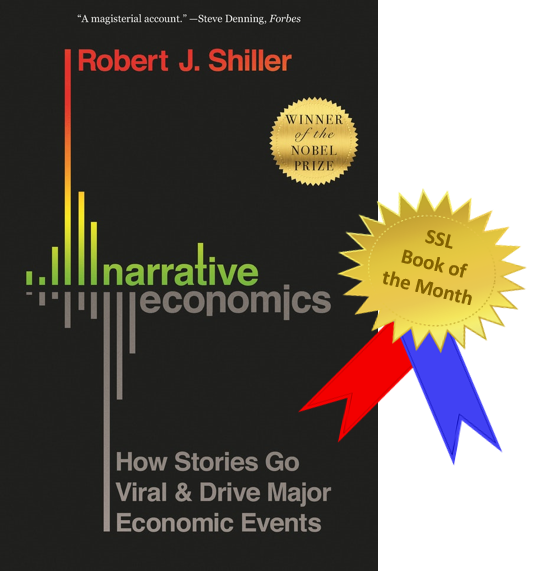The SSL ‘Book of the Month’ feature highlights a book in our collection that has been chosen by one of our Subject Consultants. This may be a recent addition to our stock or an existing item that we would like to share with you.
October’s book of the month was selected by Jo Gardner, Bodleian Social Science Librarian and Subject Consultant for Politics and International Relations.
Revolutionary World: Global upheaval in the modern age
Edited by David Motadel
Cambridge University Press, 2021
Available as an eBook or a hard copy can be found in the SSL at HM876.REV 2021
Why was it chosen?
It was chosen because it has been described as an exceptionally useful collection for those teaching and researching revolutions, revolutionary politics and global history,
Book Overview
The editor of this book brings together contributors to explore ten revolutions across time and space through a transnational, territorialised lens, from the Atlantic Revolutions to the Arab Spring. Bringing together a group of distinguished historians, Revolutionary World shows that the major revolutions of the modern age, which are often studied as isolated events, were almost never contained within state borders and were usually part of broader revolutionary moments.
Reviews
“With the chapters providing ideal entrances into their respective revolutions, this exceptionally useful collection will prove valuable to those teaching and researching revolutions, revolutionary politics and global history”
Thomas Furse, City, University of London
“A remarkable attempt to globalise the history of revolution. By illuminating international connections, the authors also rescue many movements from the retrospective nationalisation of history.’
Timothy Garton Ash, author of The Magic Lantern:The Revolution of ’89 Witnessed in Warsaw, Budapest, Berlin and Prague
This rich collection illuminatingly surveys the world of revolutions from the late eighteenth century to the Arab Spring. It should set the global history of revolutions on a new path by raising as many fertile questions as it answers: a major achievement.’
David Armitage, author of Civil Wars: A History in Ideas
How can I access it?
This title is available in hard copy at the SSL at shelfmark HM876.REV 2021 to consult in the library. It is also available on SOLO for Oxford University staff and students to access remotely using your SSO.
 What would your SSL Book of the Month be? Do you have a favourite book in our collection? If so, we would love to know what it is. Add a comment below or email us.
What would your SSL Book of the Month be? Do you have a favourite book in our collection? If so, we would love to know what it is. Add a comment below or email us.














